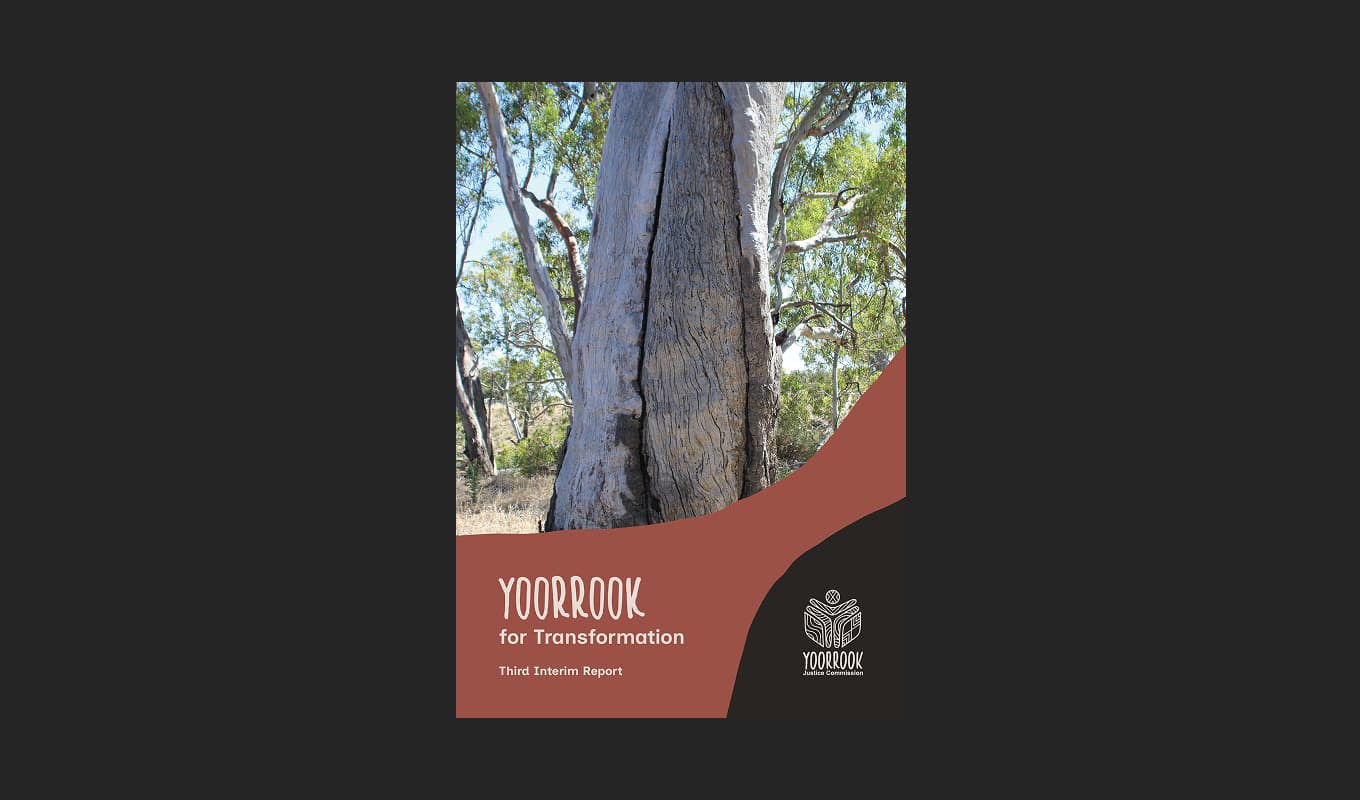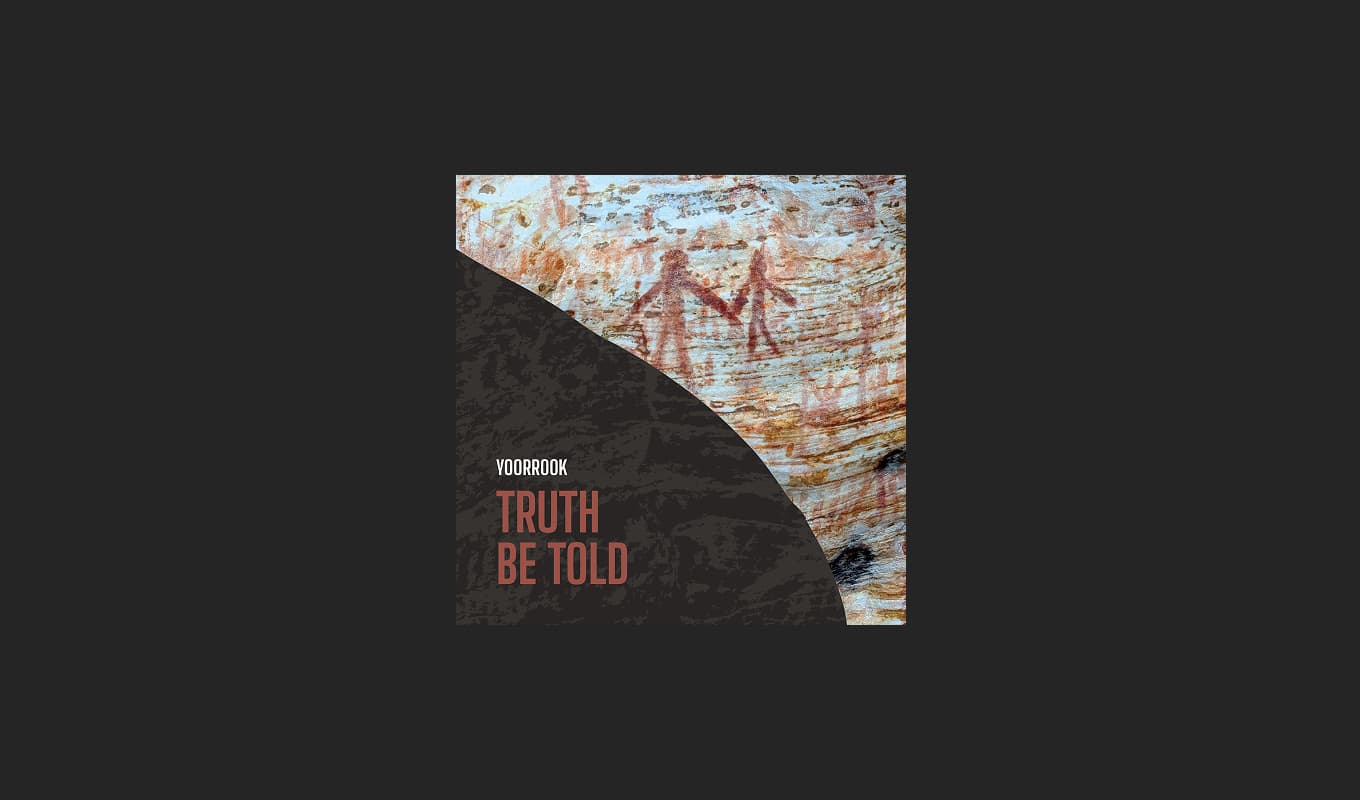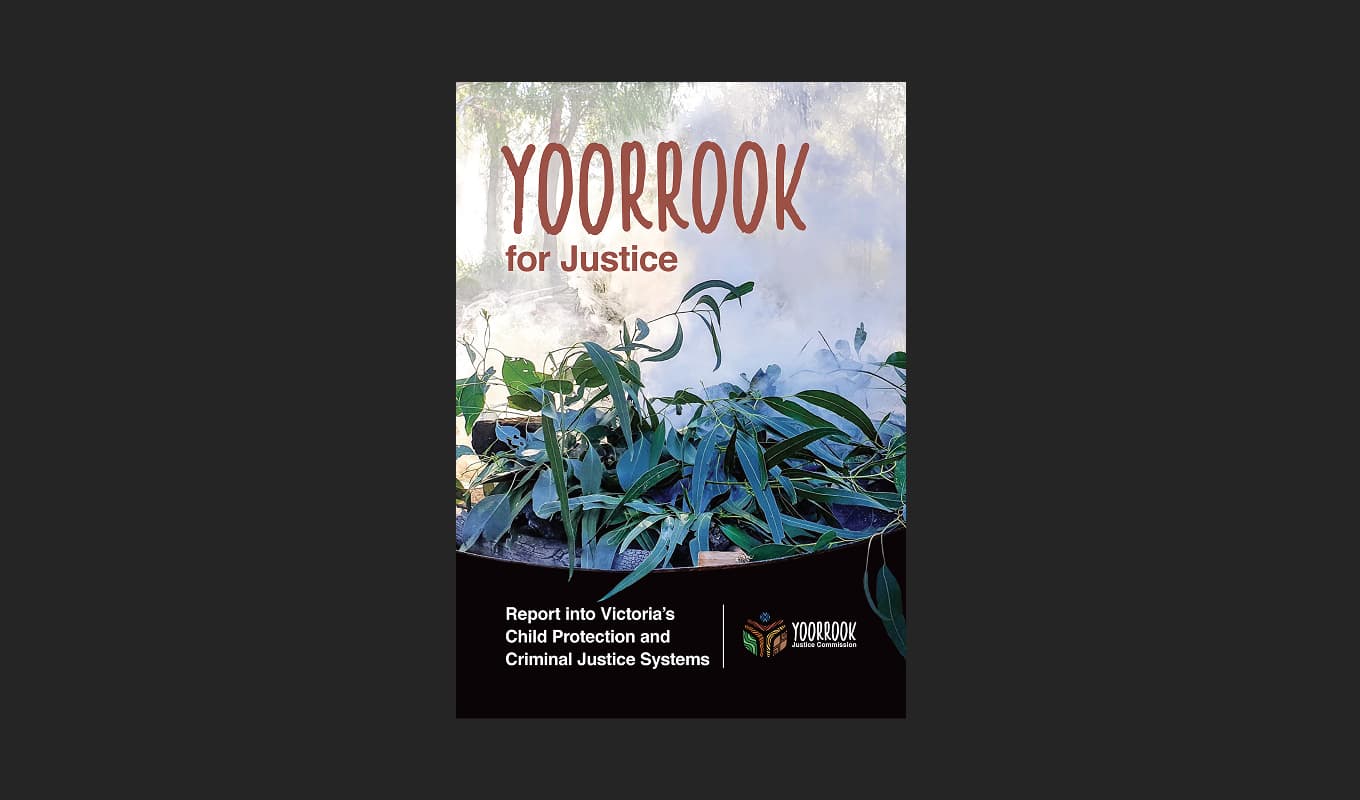Lynne C
Lynne C reflects on the violent invasion of Victoria and its devastating, enduring impacts on First Peoples, including the destruction of families and connections to land. They discuss how their 1970s and 80s education was whitewashed and advocate for clearing barriers, treaty, and compensation. They emphasize the need to support First Peoples in truth-telling and acknowledge how this can be exhausting. They highlight leaders like Mojo Ruiz de Luzuriaga who promote First Nations history and culture.
Submission Transcription
Violent invasion of country, with devastating impact upon those living at the time, and enduring consequences through generations of First Peoples and those who live with and love them. Destruction of family through stealing of children. Destruction of connection with land, water and skies. Destruction of respect, history, everything.
My education in the 1970s and 80s was a whitewash, a lie. It was all about white effort and courage. The language used to describe First Peoples was glib and patronising, with an attempt at quaintness. We used to draw “boomerangs” and “bark humpies”. First Nations culture was portrayed as homogenous. I feel sick to recall any of it.
Clearing barriers so that First Peoples can ascend to their rightful place as the original custodians of this land. Treaty. Compensation. We can never reclaim the lives lost and destroyed, so we need to clear the decks and have First Peoples take the reins.
it sometimes feels as though there is a burden upon those affected by the devastation of colonisation to muster the energy and write, speak, sing their stories. We need to be open to whichever ways they wish to use to express their truths. We need to acknowledge the exhaustion that may come with this, when they have been pitted against white violence and deaf ears for hundreds of years.
it sometimes feels as though there is a burden upon those affected by the devastation of colonisation to muster the energy and write, speak, sing their stories. We need to be open to whichever ways they wish to use to express their truths. We need to acknowledge the exhaustion that may come with this, when they have been pitted against white violence and deaf ears for hundreds of years.
Truth-teller consent
Contact us about this submission
Contact us if you’d like to discuss this submission.
Similar submissions
Explore submissions from other witnesses that discuss similar topics.
Viki Sinclair (Fowler)
Viki Sinclair is a direct descendant of one of the original settlers of Gippsland, Colin McLaren. In this submission, she tells her personal story of... more
Prof. Mark G. Brett
Prof. Mark G. Brett's paper, "Reinventing Waste Land as a Colonial Legal Fiction," explores the historical development of the concept of waste land fr... more
Barbary Clarke
Barbary Clarke and Jason Clarke, descendants of Alfred Deakin and William John Turner, also known as Big Clarke, discuss aspects of their family's his... more
Reports and Recommendations
Read the official reports and recommendations of the Yoorrook Justice Commission.

Yoorrook for Transformation
Third Interim Report: A five-volume comprehensive reform report presenting evidence and findings on systemic injustices, and specific recommendations for meaningful change to transform the future.

Truth Be Told
An official public record that documents First Peoples experiences since colonisation, preserves crucial testimonies for future generations and creates an enduring resource for education and understanding.

Recommendations for change
Yoorrook Justice Commission’s recommendations for truth-telling, justice, and systemic reform in Victoria.

